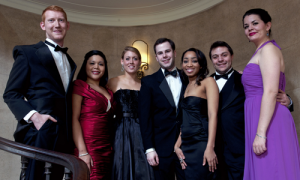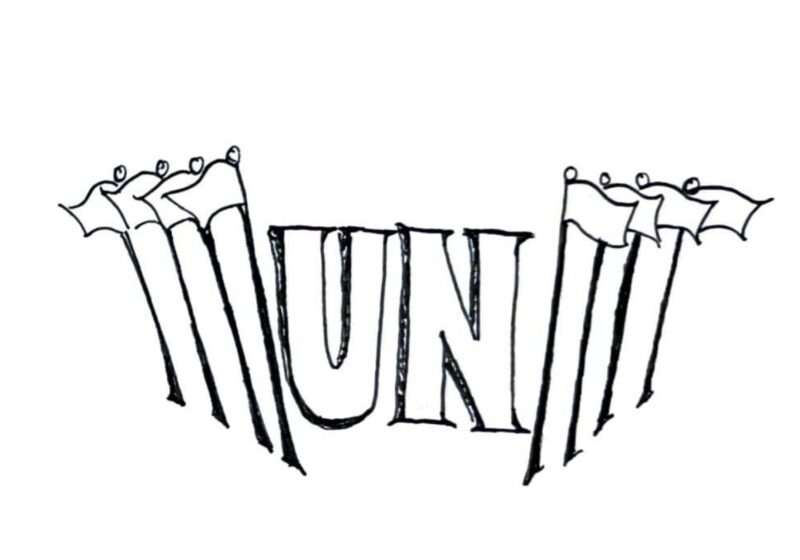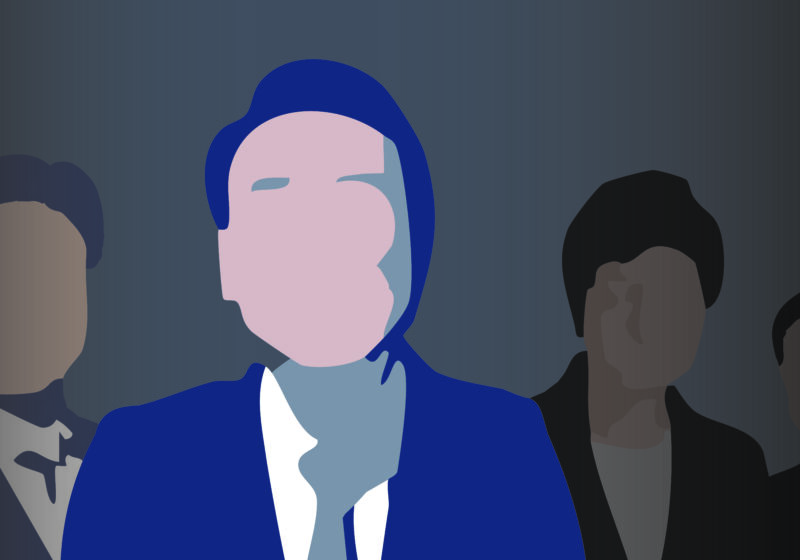Thirteen students — six seniors, two juniors, one sophomore, and four alumni — from the Eastman School of Music performed in the Conservatory Project at the John F. Kennedy Center for the Performing Arts in Washington, D.C.on Tuesday, Feb. 12.
The Kennedy Center opened on Sept. 8, 1971 in an effort to fulfill “President Kennedy’s vision by producing and presenting an unmatched variety of theater and musicals, dance and ballet, orchestral, chamber, jazz, popular, world, and folk music, and multimedia performances for all ages,” according to the Kennedy Center’s official website.
The Eastman School was one of eight founding participants in the Conservatory Project when it began in 2004, and has been represented every year since.
The Conservatory Project, an event under the Center’s Performing Arts for Everyone initiative, is designed to allow talented young musicians from leading graduate and undergraduate schools and conservatories the chance to perform.
Performances involve a wide range of genreas, includingjazz, opera, classical, and musical theater.
The Kennedy Center’s website further states that “the Conservatory Project creates an ongoing showcase for exceptional young talent and introduces Washington audiences to young musicians with prestigious backgrounds.
“The Kennedy Center is such an important stage, and you want to give a performance that gives it due deference,” graduate student at the Eastman School of Music and guitarist Adam Larison said. “In that sense, the performance feels like a great responsibility. At the same time, you realize that thousands of wonderful musicians have been and will be on that stage and that your small amount of time is only really significant on a personal level.”
Teitelman is a member of the class of 2016.





